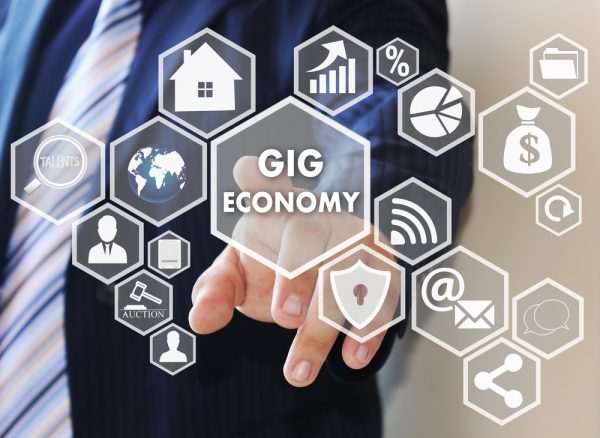The gig economy, characterized by short-term contracts or freelance work as opposed to permanent jobs, has significantly transformed the landscape of employment.
Platforms akin to Ice casino kod promocyjny, which offer a novel approach to online engagement and rewards, underscore the shift towards more flexible work arrangements.
This article explores the nuances of achieving work-life balance within the gig economy, offering insights and strategies for those navigating this modern work paradigm.
Understanding the Gig Economy
The gig economy encompasses a broad range of jobs, from freelance writing and graphic design to rideshare driving and beyond. Its growth is fueled by the desire for flexibility, autonomy, and the ability to work from anywhere. However, this freedom also brings challenges, particularly in maintaining a healthy work-life balance.
- Flexibility and Autonomy: Core attractions of gig work
- Diverse Opportunities: Wide range of fields and industries
- Challenges: Unpredictable income and lack of traditional job security
The Double-edged Sword of Flexibility
While the flexibility of gig work is appealing, it often blurs the lines between personal and professional life, making it difficult to disconnect and fully enjoy leisure time.
Strategies for Maintaining Balance
Achieving a work-life balance in the gig economy requires intentional strategies and practices. Below are key approaches to consider:
Set Structured Work Hours
Creating a regular work schedule helps establish boundaries between work and personal time, even in the most flexible arrangements.
- Consistency: Stick to defined work hours as much as possible
- Boundaries: Make it clear to clients when you’re available—and when you’re not
Prioritize Health and Well-being
Without the health benefits often provided by traditional employment, gig workers must proactively manage their physical and mental health.
- Regular Exercise: Incorporate physical activity into your daily routine
- Mental Health: Practice mindfulness or meditation to reduce stress
Financial Planning
The fluctuating income of gig work makes financial planning essential for peace of mind and securing time off when needed.
- Savings Plan: Allocate a portion of income to savings for leaner times
- Insurance: Consider investing in health and other forms of insurance independently
Leveraging Technology for Efficiency
Technology plays a pivotal role in facilitating a better work-life balance for gig workers. Utilizing the right tools can streamline work processes, improve productivity, and free up time for personal pursuits.
Task Management Apps
Applications like Trello or Asana can help organize tasks, track deadlines, and manage projects more efficiently.
Time Tracking Tools
Tools such as RescueTime or Toggl track how work hours are spent, highlighting areas for optimization.
The Role of Community and Networking
Building a network of fellow gig workers can provide a support system, share best practices, and even facilitate collaboration opportunities.
- Online Communities: Join forums or social media groups related to your field
- Networking Events: Attend meetups or conferences to connect with peers
Continuous Learning and Skill Development
In the gig economy, staying competitive often means continually updating and expanding your skill set.
- Online Courses: Platforms like Coursera or Udemy offer courses to learn new skills
- Workshops and Webinars: Participate in industry-specific training sessions
Conclusion
Navigating work-life balance in the gig economy is both an art and a science, requiring a blend of discipline, strategic planning, and the effective use of technology. By setting clear boundaries, prioritizing well-being, and leveraging community resources, gig workers can enjoy the flexibility of freelance work without sacrificing their personal lives.
As the gig economy continues to evolve, those who adapt and maintain a balance will thrive in this dynamic and rewarding field.
For more insights into leveraging digital platforms for earning opportunities, including mobile apps that can complement gig economy earnings, visit this link.
Also Read
Algeria inaugurates mosque with world’s tallest minaret
AfDB bolsters Nigeria’s Ekiti Knowledge Zone with $80m loan financing

